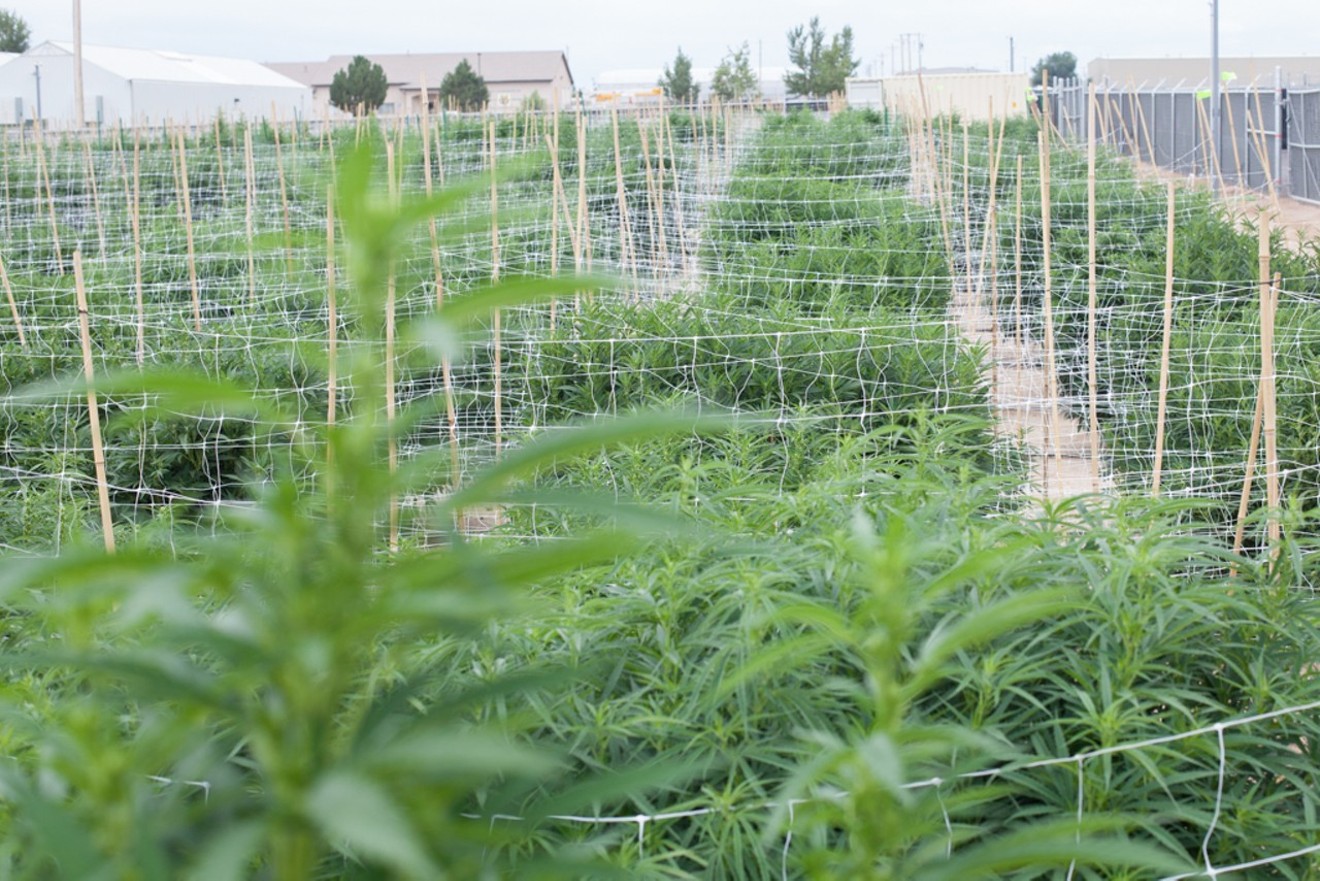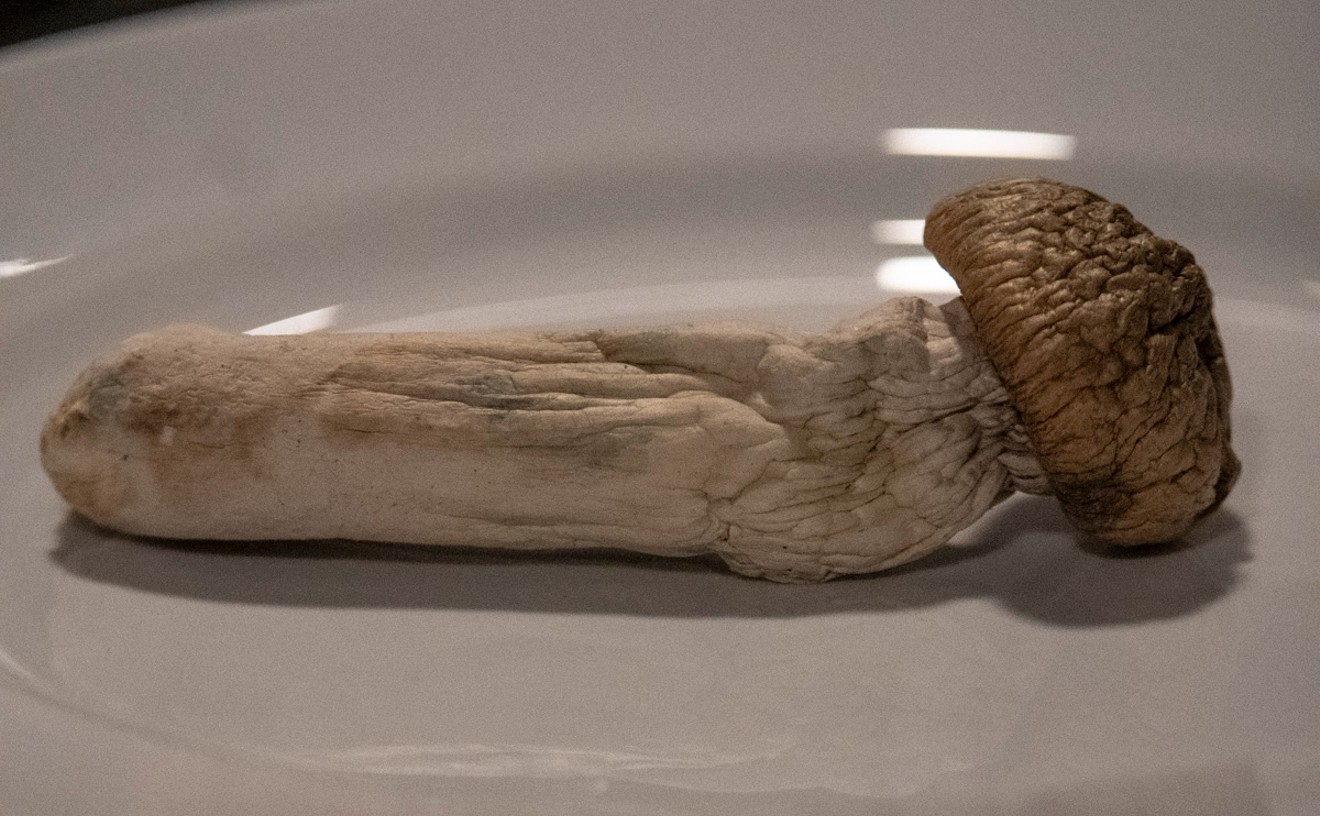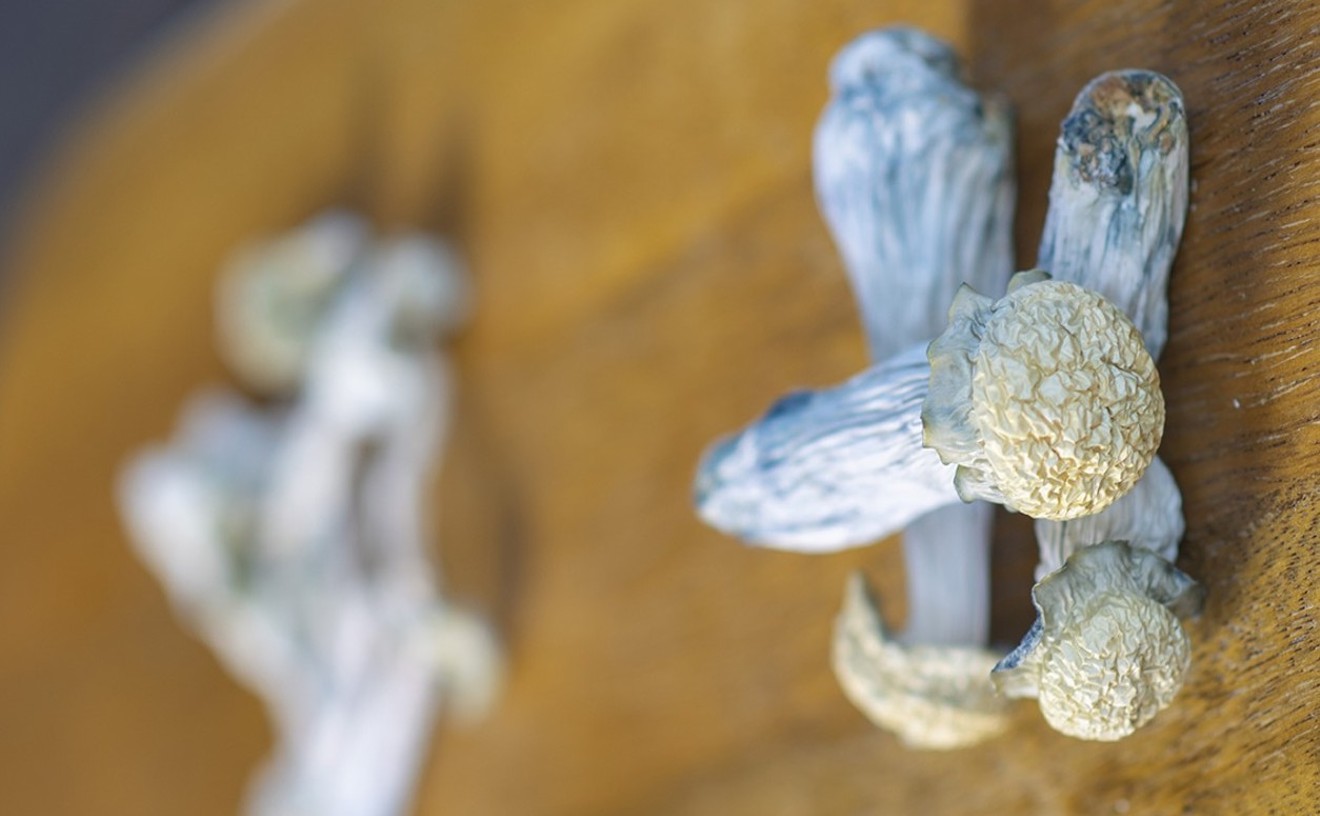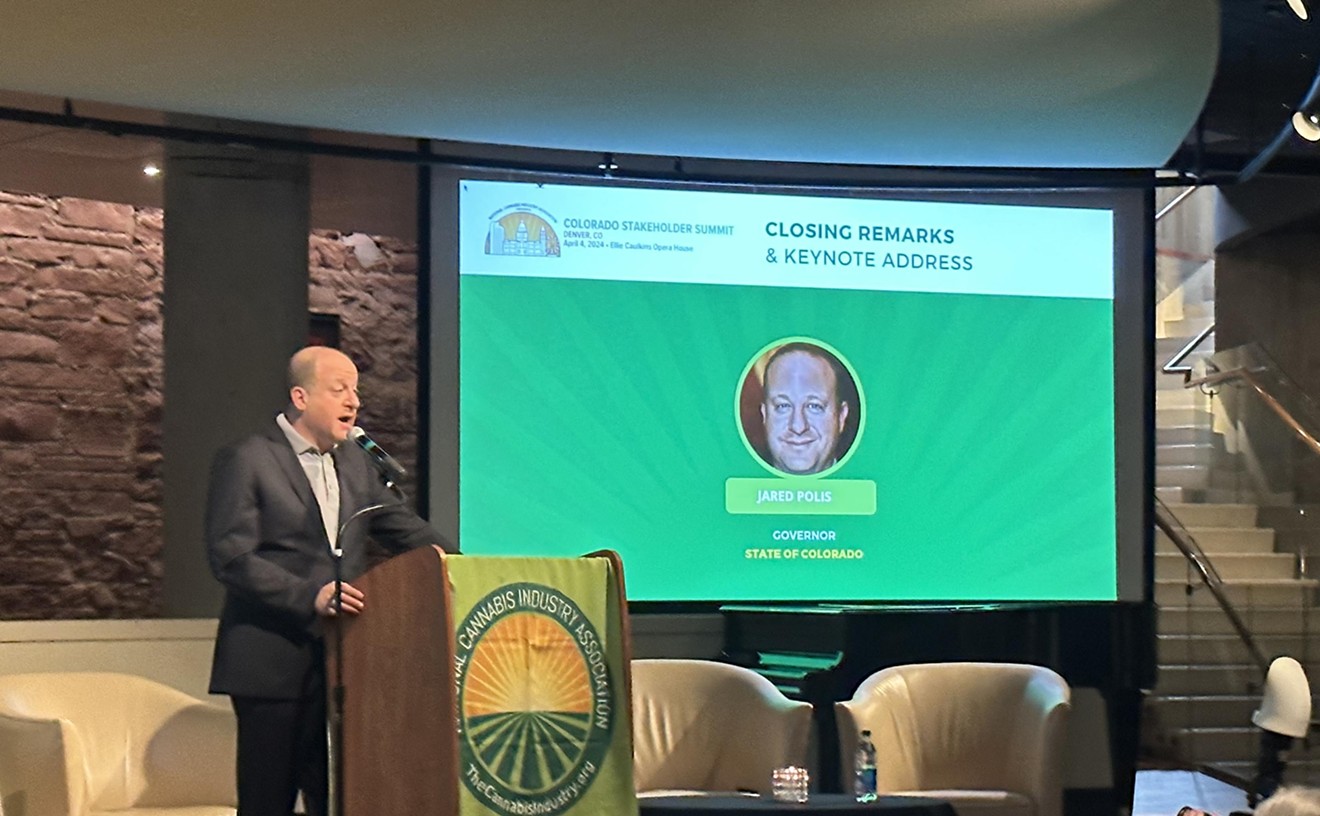As recreational marijuana sales began in Colorado in 2014, there was a push in the "Pittsburgh of the West" to become the "Napa Valley of Weed." Over eight years later, Pueblo County doesn't look like Napa Valley, but the community has definitely taken advantage of the state's marijuana industry.
Home to the city of Pueblo, unincorporated Pueblo West and several small towns in southwestern Colorado, Pueblo County has struggled to find economic opportunities and developments after the crash of the steel market in 1982. As of 2019, Pueblo County's median household income was $46,783, with 17.8 percent of residents living below the poverty line, according to the United States Census Bureau.
Lagging behind the rest of Colorado's economy, Pueblo County dove right into Colorado's marijuana industry. After Denver, it's now the second biggest cannabis cultivator in the state, with the marijuana industry employing about 5 percent of the county's workforce, according to former Pueblo County commissioner and current marijuana industry representative Sal Pace.
Since opening its first recreational dispensaries in 2014, Pueblo County has reported over $300 million in retail marijuana sales, according to the state Department of Revenue, responsible for around $50 million in tax revenue from state and local collections. Pueblo County farmland is now responsible for over sixty outdoor and greenhouse marijuana growing operations, including Los Sueños Farms, one of North America's largest legal outdoor pot farms.
“There are so many people who have come to Pueblo since legalization to build cannabis businesses because of how affordable it is,” notes Scott Smith, owner of Three Rivers dispensaries in Pueblo and Pueblo West.
On top of cheaper real estate, regulations in Pueblo are more favorable toward outdoor marijuana production compared to those in other cities. Most Colorado municipalities and counties, including Denver, ban commercial marijuana growing outdoors.
Pueblo County still has one of the highest poverty rates in Colorado, however, and ranks low in education compared to the rest of state. Although high school graduation rates have increased steadily in recent years, 21.8 percent of Pueblo County's population held a college degree as of the most recent Census, about 10 percent below the national average. Within the past thirty days, Pueblo County's rate of teenagers using marijuana was about 24 percent higher than the state average in 2019, according to the Colorado Department of Public Health and Environment, but that rate was 16 percent less than what Pueblo County saw in 2013, the year before retail dispensaries opened.
The county's local government has tried to address these economic and educational issues with tax packages, directing nearly $2 million in marijuana tax revenue to a local college scholarship fund and increasing the local marijuana sales tax from 3.5 to 6 percent in 2020. On the higher-education side, Colorado State University-Pueblo now offers multiple degrees in cannabis and hemp studies since the establishment of the university's Institute of Cannabis Research in 2016.
Not everyone has agreed with how the tax money has been spent, however. In 2019, county commissioners decided to use funds from the 6 percent sales tax to build a new jail in Pueblo County, with the project estimated to cost around $115 million. The move was criticized by local pot-industry members for using marijuana tax dollars to fund incarceration.
County Commissioner Chris Wiseman believes that Pueblo County has done a good job overall of regulating commercial marijuana, though, and hopes to see the area become a leader in the interstate trade of cannabis.
"I think we've done well here in Pueblo with overseeing the rapid growth of the cannabis industry," he says. "We don't want to limit the potential for growth. We just want to do it in a way that's respectful to our neighbors."
Update: This article was updated on March 25.
[
{
"name": "Air - MediumRectangle - Inline Content - Mobile Display Size",
"component": "12017618",
"insertPoint": "2",
"requiredCountToDisplay": "2"
},{
"name": "Editor Picks",
"component": "17242653",
"insertPoint": "4",
"requiredCountToDisplay": "1"
},{
"name": "Inline Links",
"component": "18838239",
"insertPoint": "8th",
"startingPoint": 8,
"requiredCountToDisplay": "7",
"maxInsertions": 25
},{
"name": "Air - MediumRectangle - Combo - Inline Content",
"component": "17261320",
"insertPoint": "8th",
"startingPoint": 8,
"requiredCountToDisplay": "7",
"maxInsertions": 25
},{
"name": "Inline Links",
"component": "18838239",
"insertPoint": "8th",
"startingPoint": 12,
"requiredCountToDisplay": "11",
"maxInsertions": 25
},{
"name": "Air - Leaderboard Tower - Combo - Inline Content",
"component": "17261321",
"insertPoint": "8th",
"startingPoint": 12,
"requiredCountToDisplay": "11",
"maxInsertions": 25
}
]











